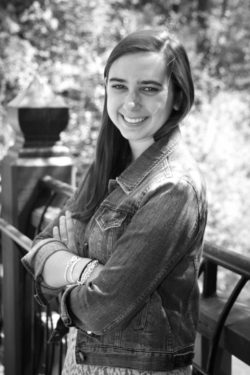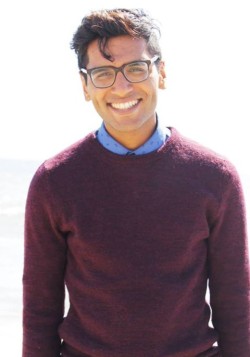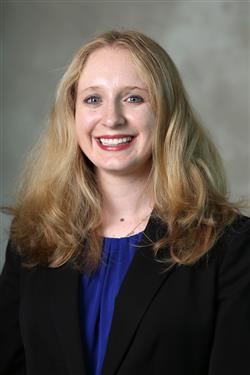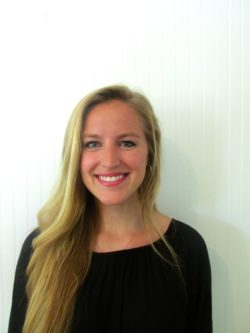Welcome to the Future of (Affordable) Care
On a late March day in 2010, President Barack Obama signed the Affordable Care Act into law. For many Americans, it was a day of celebration as they would finally be able to get the healthcare they needed at a price they could afford. For others it was a day of frustration and confusion, because even from the beginning it was apparent that this plan was not perfect. Over the past six years we have watched the success and failures of the bill as it was slowly put into action. In that time more than 20 million people have gained health insurance.










